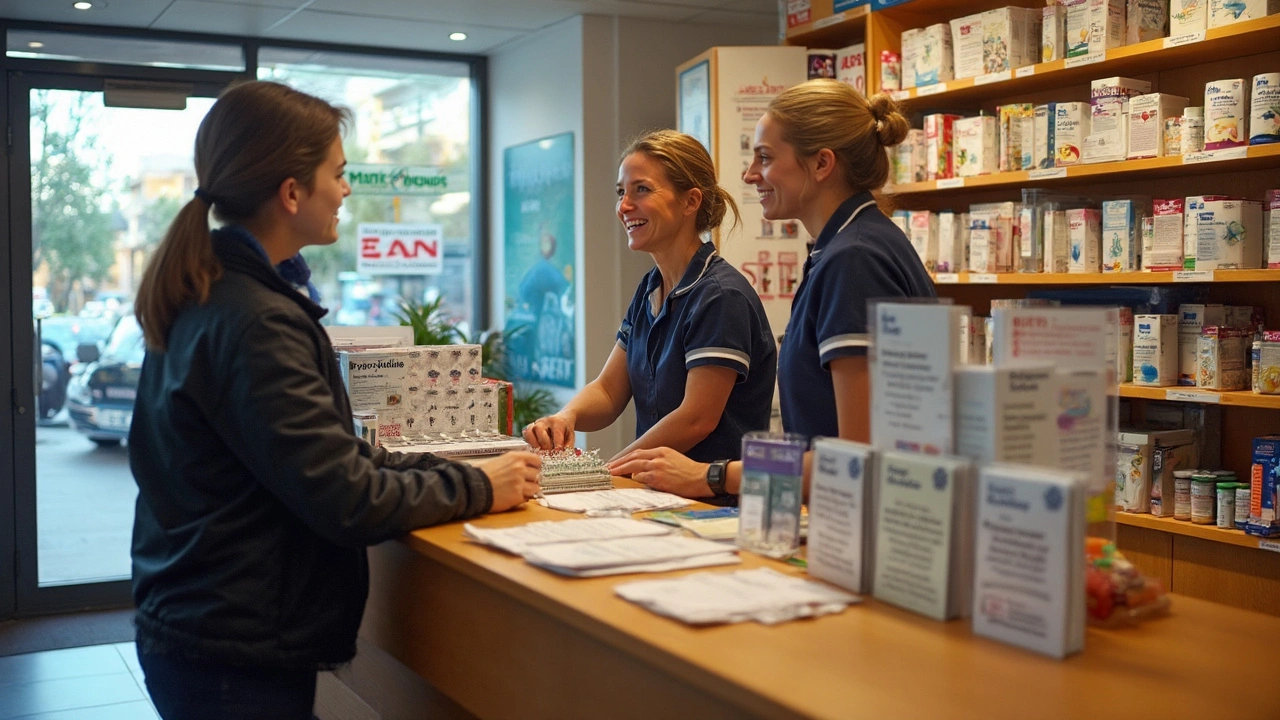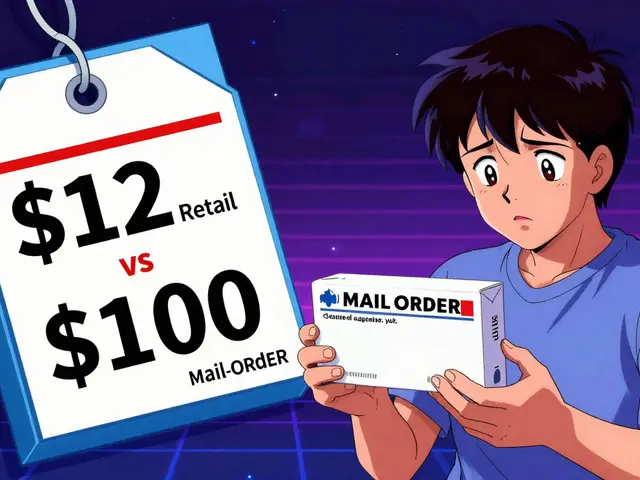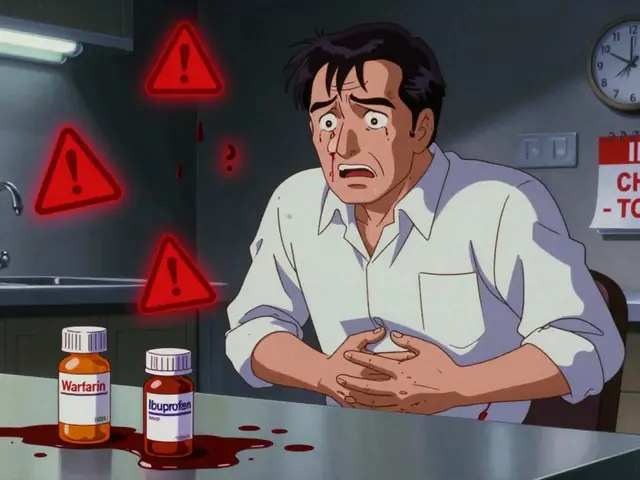Off-label Use: What It Means and How to Stay Safe
Did you know many common medicines are used for conditions they weren’t originally approved for? That’s called off-label use. It’s legal for doctors to prescribe drugs off-label when they think it helps, but it needs care. This short guide tells you what off-label means, why it happens, the risks, and clear steps you can take if someone suggests one of these treatments.
How off-label use happens
Sometimes research finds a drug helps a different condition after it’s already on the market. Other times doctors rely on clinical experience or small studies. For example, an antidepressant might be prescribed for nerve pain, or an older blood pressure drug might work well for migraines. The medicine itself is the same, but the official approval didn’t cover that use.
Remember: drug makers can’t advertise off-label uses, but doctors can prescribe them. Regulators approve drugs for specific reasons, and not every helpful use goes through the long approval process.
Smart steps if you’re offered an off-label medicine
Ask these straightforward questions: What evidence supports this use? What are the expected benefits for me? What are the likely side effects, short and long term? How will we monitor progress and safety? If answers are vague, ask for a second opinion or a specialist referral.
Get the plan in writing. A clear note that lists dose, how long to try it, and what tests or follow-ups are planned helps protect you and makes it easier for any other clinician or pharmacist who sees your record.
Watch interactions. Off-label uses can change dosing or pair poorly with other meds. Always cross-check new prescriptions with your pharmacist and mention all supplements, vitamins, and over-the-counter drugs you take.
Be cautious when buying medicines online. Use pharmacies that require a valid prescription and show clear contact info. Look for accreditation seals and check reviews. If a site offers prescription drugs without a prescription or prices that seem impossibly low, skip it.
If you’re worried about cost, ask your provider about approved alternatives, patient assistance programs, or discounts available through pharmacies and drug manufacturers. Sometimes an approved drug in the same class works just as well and has clearer safety data.
Report problems. If you have unexpected side effects, call your doctor right away. You can also report serious adverse reactions to your country’s safety agency (for example, FDA MedWatch in the U.S.). That helps improve safety information for everyone.
Off-label treatment can be useful, but it works best with clear communication and follow-up. Ask direct questions, get a written plan, check with your pharmacist, and avoid sketchy online sellers. If something feels off, seek another opinion — your health is worth the extra check.





